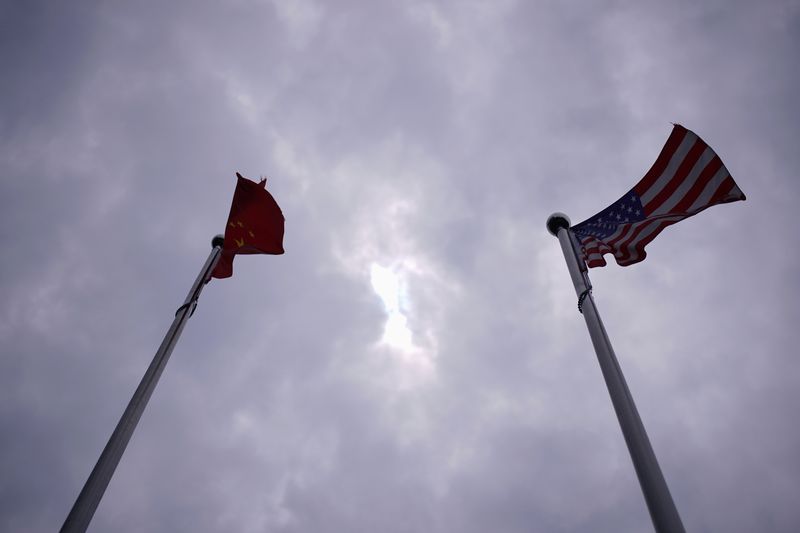This post was originally published on this site
https://i-invdn-com.akamaized.net/trkd-images/LYNXMPEGB11SK_L.jpg
WASHINGTON (Reuters) – The Trump administration expanded economic pressure on China’s Xinjiang province on Wednesday, banning cotton imports from a powerful Chinese quasi-military organization that it says uses the forced labor of detained Uighur Muslims.
The U.S. Customs and Border Protection agency said the “Withhold Release Order” would ban cotton and cotton products from the Xinjiang Production and Construction Corps (XPCC), one of China’s largest producers.
The move is among several the Trump administration has been working on in its final weeks to harden the U.S. position against China, making it more difficult for President-elect Joe Biden to ease U.S.-China tensions.
The targeting of XPCC, which produced https://www.reuters.com/article/us-china-cotton/top-china-cotton-producer-resists-reforms-in-restive-xinjiang-idUSKBN0LN26U20150220 30% of China’s cotton in 2015, follows the U.S. Treasury Department’s move in July to ban all financial transactions with it.
It also follows CBP’s imposition of an import ban on several Chinese entities operating in Xinjiang. Initially, the agency had intended to ban all cotton and tomato products from Xinjiang, including from XPCC, but the ban was narrowed to specific companies after objections raised by U.S. Trade Representative Robert Lighthizer, Agriculture Secretary Sonny Perdue and Treasury Secretary Steven Mnuchin.
U.S. apparel makers also had criticized a broader ban as impossible to enforce.
U.S. Department of Homeland Security Secretary Kenneth Cuccinelli, who oversees the border agency, told a news conference that a Xinjiang region-wide cotton import ban was still being studied.
“We’re making the China label not just about the country of origin. It’s a warning label,” Cuccinelli said. “Those cheap cotton goods you may be buying for family and friends during this season of giving – if coming from China – may have been made by slave labor in some of the most egregious human rights violations existing today in the modern world.”
The U.S. Treasury in July imposed financial sanctions banning dollar transactions with XPCC, saying the entity was directly involved in the Chinese Communist Party’s “comprehensive surveillance, detention and indoctrination” of Muslim Uighurs and other ethnic minorities in Xinjiang.
Under a Withhold Release Order, Customs and Border Protection can detain shipments based on suspicion of forced-labor involvement under long-standing U.S. laws to combat human trafficking, child labor and other human rights abuses.
Trump’s administration’s has ratcheted up pressure on China over its treatment of Uighur Muslims in Xinjiang, where the United Nations cites credible reports as saying 1 million Muslims held in camps have been put to work.
China denies mistreatment of the Uighurs and says the camps are vocational training centers needed to fight extremism.

